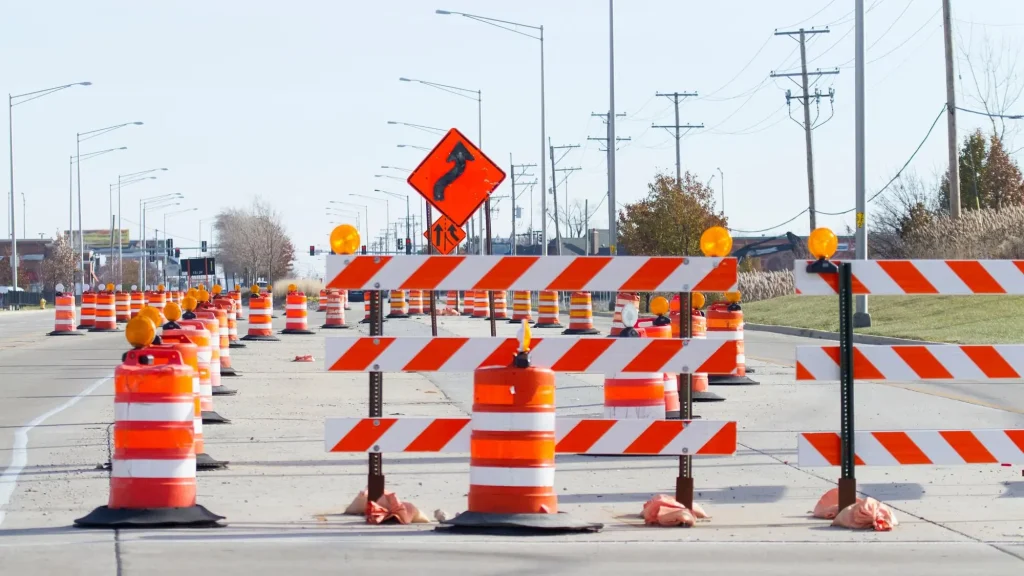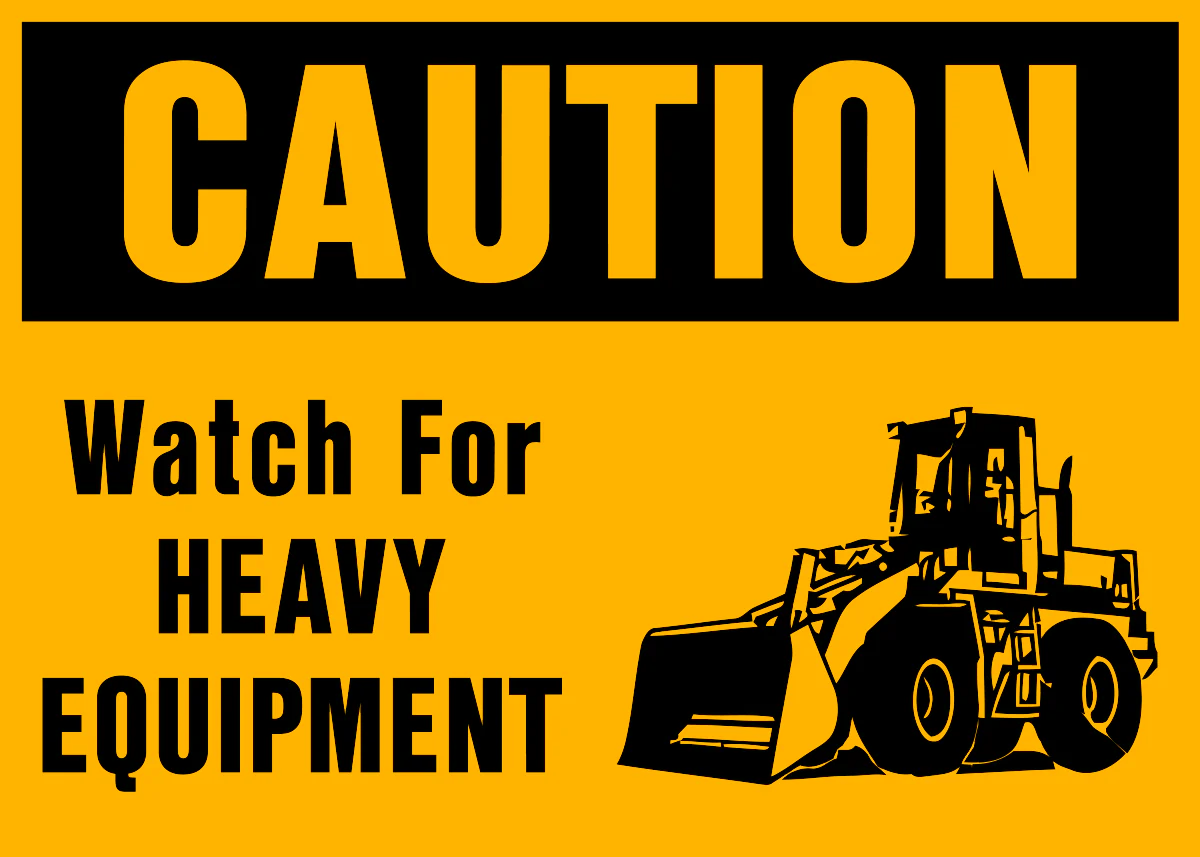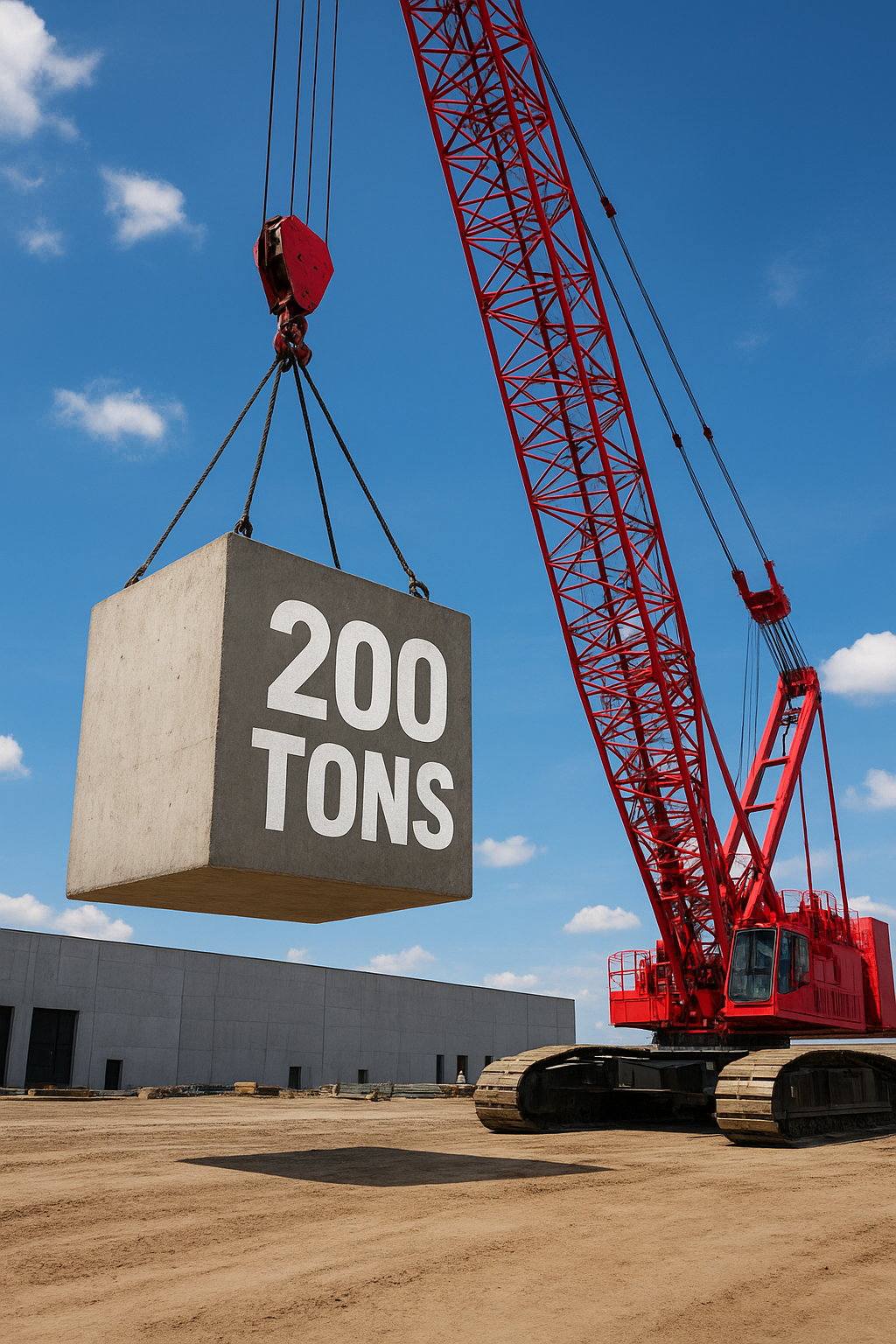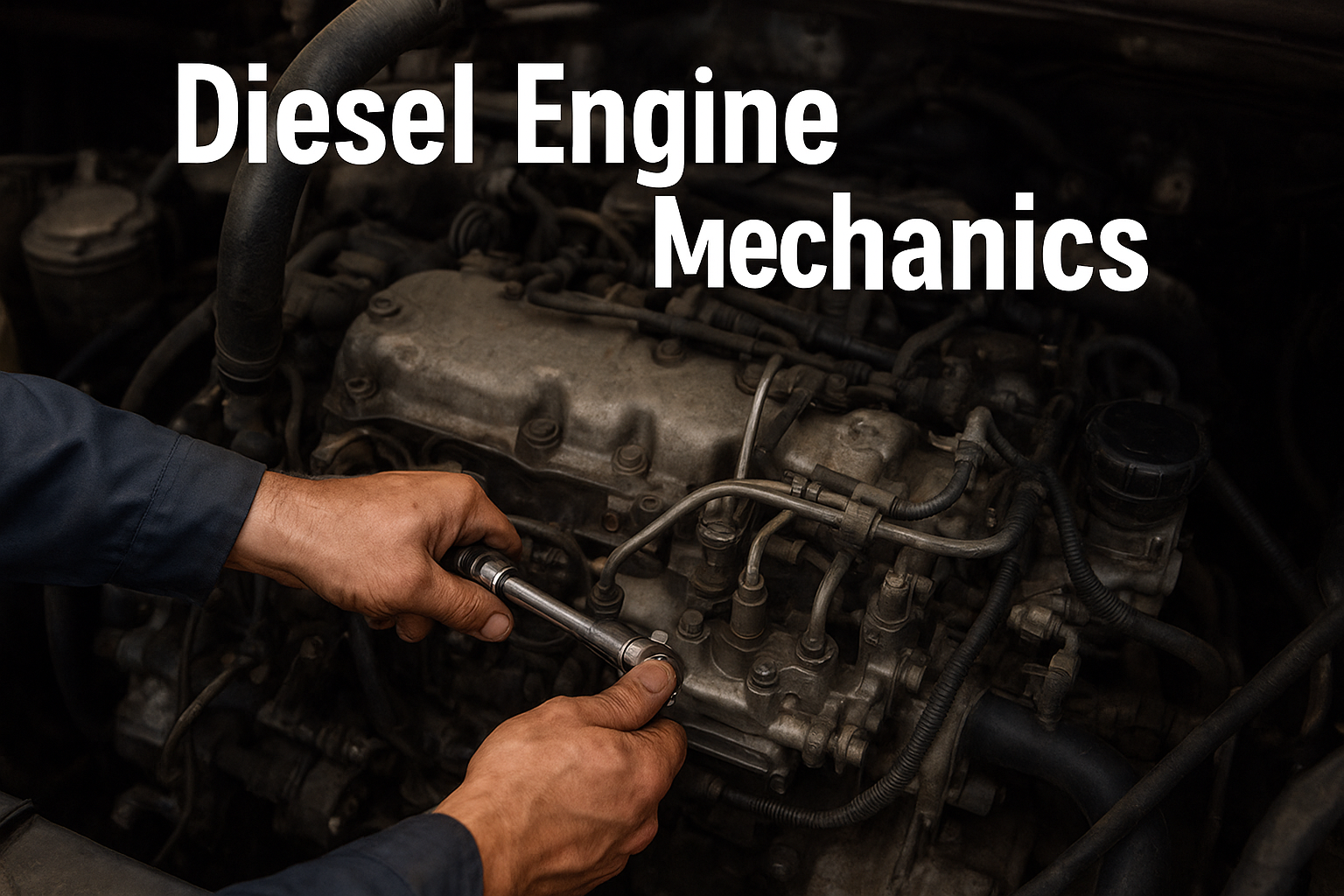Why Most Operators Ignore Road Signs?
Special Feature | Heavy Machinery & Road Safety | May 2025 Edition
Why Was the Bulldozer on the Wrong Side of the Road?
It was in contrast Tuesday morning on the dusty outskirts of Kayunga. The light has just broken through the mists.
Motorists were already jostling for space on the tight Murram Road.
Suddenly, metal smashed into metal, and the road went silent. A bulldozer entered the wrong lane and crashed with a truck.
What’s the reason?
The operator overlooked a warning sign placed just meters before the turn.
This is not a single myth. It is part of an increasing trend on most African countries like Congolese, Sudanese and Ugandan road construction sites and more: road signs are ignored, misread, or never erected at all. And the cost? Delayed projects, injuries, and even deaths.
Let’s Talk, Just You and Me
You, my friend, could be a machine operator, a site supervisor, or even someone preparing to enter the field.
You and I have seen traffic signs and thought, “Not important.” Maybe we’re in a rush, or we simply believe we know the path better.
But the truth is, you will learn that road signs are not decorations. They’re lifesavers.
You will learn the common mistakes and how to correct them. Not just to impress the bosses, but to get home safely every day.
Not Knowing What the Signs Mean
Many operators and personnel recognize a few signs, but do you know them all? Do you know the difference between a “Flagman Ahead” sign and a “Loose Gravel” sign?
Misunderstanding signals leads wrong turns, inappropriate equipment use, and risk to both the public and the crew.
What You Can Do:
✓ Ask for a brief toolbox talk on signs before shifts.
✓ Take 10 minutes a week to refresh your knowledge.
2. Ignoring Temporary Signs on Site
You see a “Stop/Go” sign, but you’re behind schedule, and the grader is halfway into a slope. You keep going.
We’ve all done it.
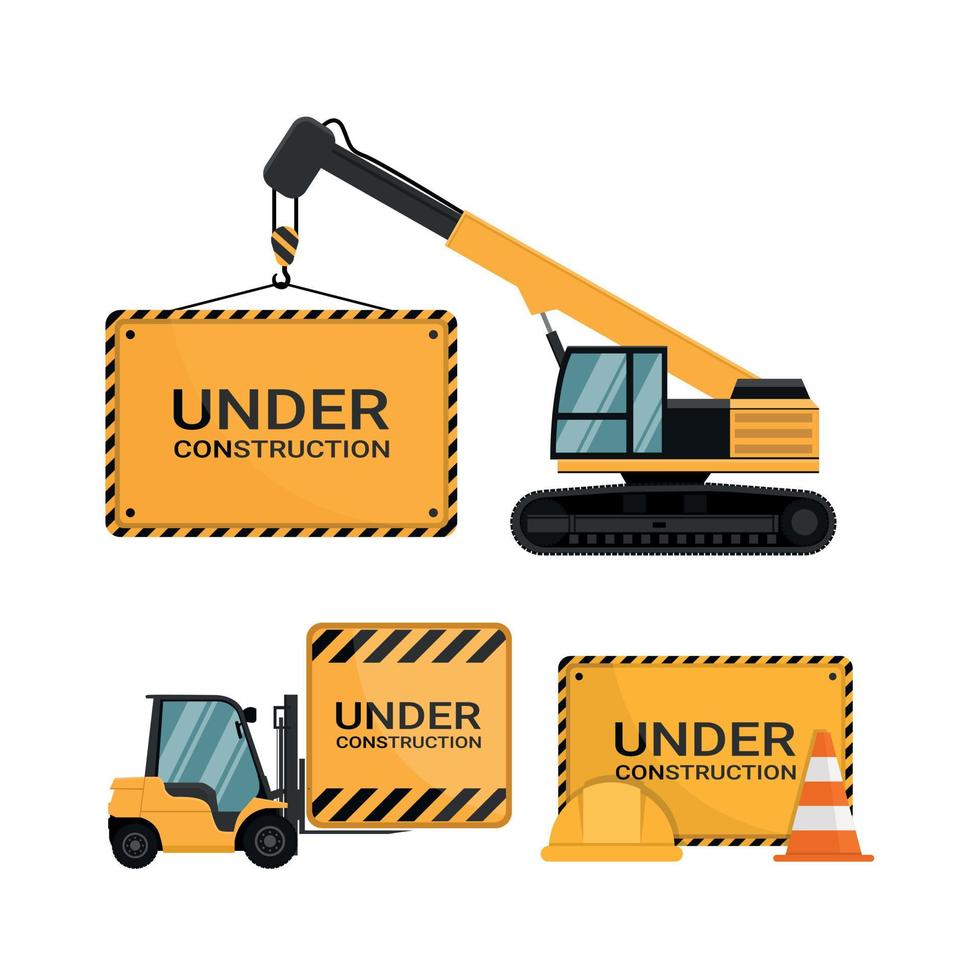
What Happens:
Risk of crashing into trucks or workers on foot.
Traffic buildup.
Site delays that cost money and cause arguments.
The Fix: Way forward
✓ Don’t assume you know the way – follow the sign every time.
✓ If a sign seems out of place, radio in – never guess.
3. Signs Placed Poorly or Not Replaced
Sometimes, signs get knocked down by passing trucks or covered in mud – and no one bothers to replace them.
That’s like removing your brakes and hoping for the best.
Be the Change:
✓ Speak up if signs are missing or dirty.
✓ Volunteer to check them during lunch break – it takes 5 minutes.

